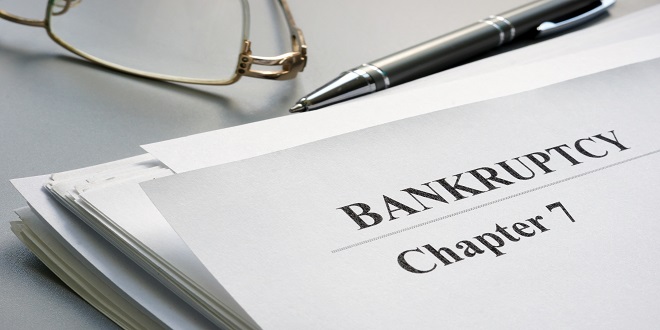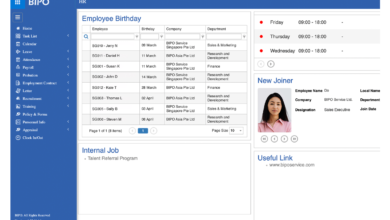Considerations Prior To A Bankruptcy Application

Chapter 7 bankruptcy is strongly suggested as a way to get debts dismissed and a new financial beginning. To make matters worse, many people who are contemplating bankruptcy still lack a complete understanding of how it works. Debt discharge requires more than just filing the right paperwork and hoping for a favourable court ruling. If filing for bankruptcy has been on your mind, we hope you’ll read these five items instead, and then Press The Restart Button.
The Method Takes Some Time To Execute
Minor claims courts, for instance, may allow you to settle your case in as little as one day. However, bankruptcy courts function otherwise. Due to its extreme suitability and simplicity, Chapter 7 bankruptcy is typically chosen by consumers seeking debt relief. Unfortunately, the average time for a Chapter 7 proceeding to be finalised is four to six months.
The second most common type of bankruptcy, Chapter 13, takes a lot longer to complete than Chapter 7. In Chapter 13 bankruptcy, a debtor’s payments are reorganised into a more manageable schedule, and some or all of the debtor’s unsecured debts may be discharged. If restitution programmes take three to five years to complete, it could be a while before a case is closed.
Public Access To Bankruptcy Petition Filings
Due to the nature of the public nature of court documents, the details of your bankruptcy case are available to the public. Most people wouldn’t give this a second thought, and this is largely because they don’t bother to learn about the financial situations of the people they know. Keep this in mind at all times if there are parts of your financial life that you would prefer to remain private.
You Can Only Get Debts That You Owe Forgiven
A married couple can file for bankruptcy together or individually. If you decide to file for bankruptcy, know that it will only wipe out the debts to the specific creditors you list. When someone guarantees another person’s debt by cosigning on a loan or in some other means, the responsibility for paying back the loan or other debt is moved to the guarantor. Even if they don’t pay, the bill is still yours to pay in full.
Any further contact between the debtor and the collectors is terminated after the debtor files for bankruptcy.
Most individuals understand that if they file for bankruptcy and it is approved, their debts will be discharged and they will no longer be responsible for making payments on them. However, many people assume incorrectly that a bankruptcy filing will instantly stop all attempts to collect on outstanding debts. When the court receives your petition, it will issue an order to pause the proceedings temporarily. The debt will still be there when the case is over, but at least you won’t have to deal with harassing phone calls and letters from creditors. This could lead to legal action being taken against you in an effort to recoup the amount.
Closing Reflections
A consultation with a bankruptcy attorney is not essential but is highly suggested before filing for bankruptcy. Professional attorneys at the firm will do an investigation and then advise you on the best chapter of bankruptcy to file under, review your legal rights and choices with you, and help you file for bankruptcy if necessary. Simply dialling their number or visiting their website will grant you access to a no-cost consultation.





